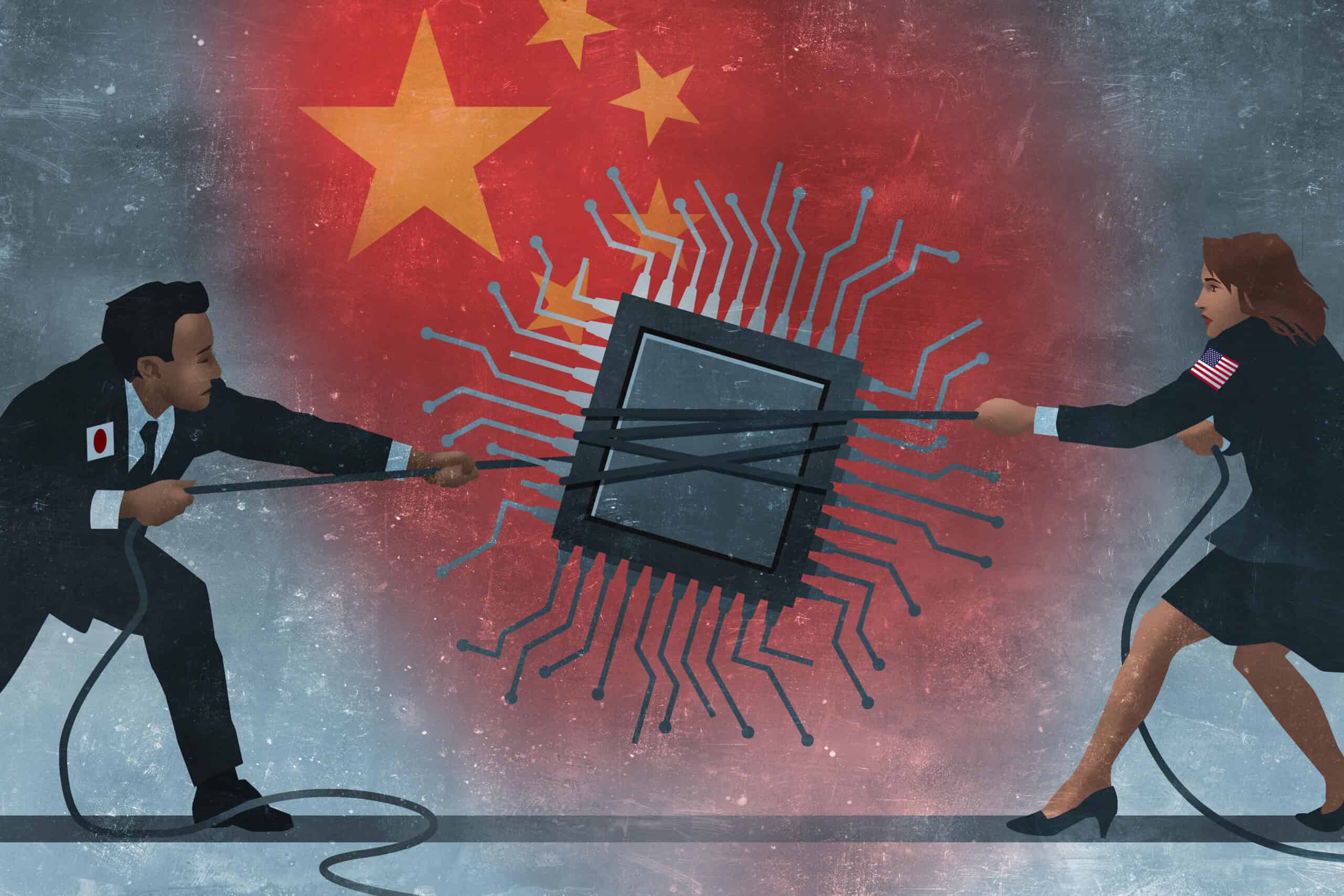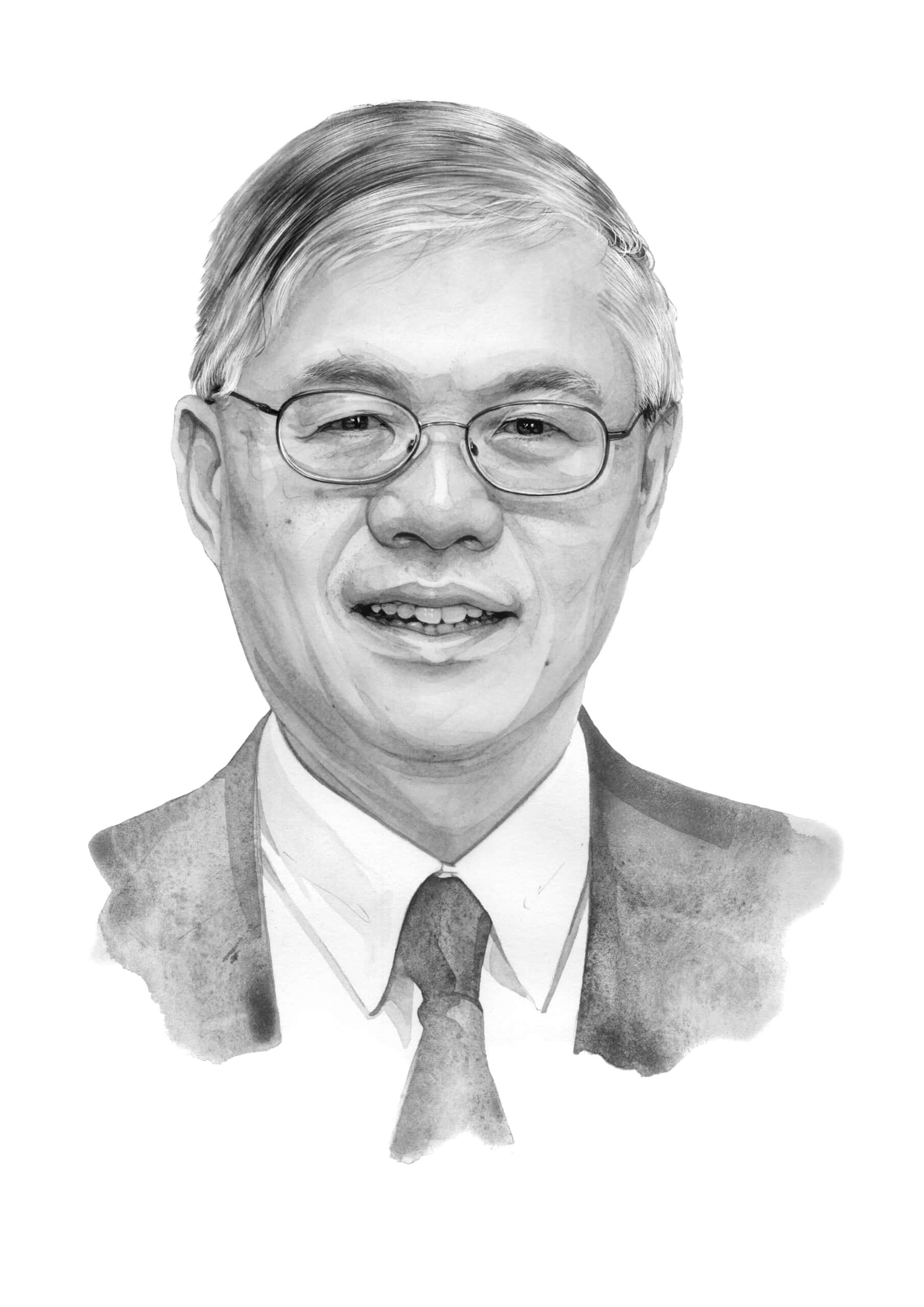Good evening. One of our mottos here at The Wire is that every story is a China story. This issue proves that in spades. From an obscure visa program that has played host to one of China’s most wanted men, to the security cameras used by U.S. government contractors, China’s economic rise has set off chain reactions in interesting and unexpected ways. This week’s Q&A with New Yorker writer Jiayang Fan is an especially eloquent and empathetic reflection on that, including why understanding the CCP’s “tentacular structure” is so important to understanding China. If you’re not already a paid subscriber to The Wire, please sign up here.
Want this emailed directly to your inbox? Sign up to receive our free newsletter.
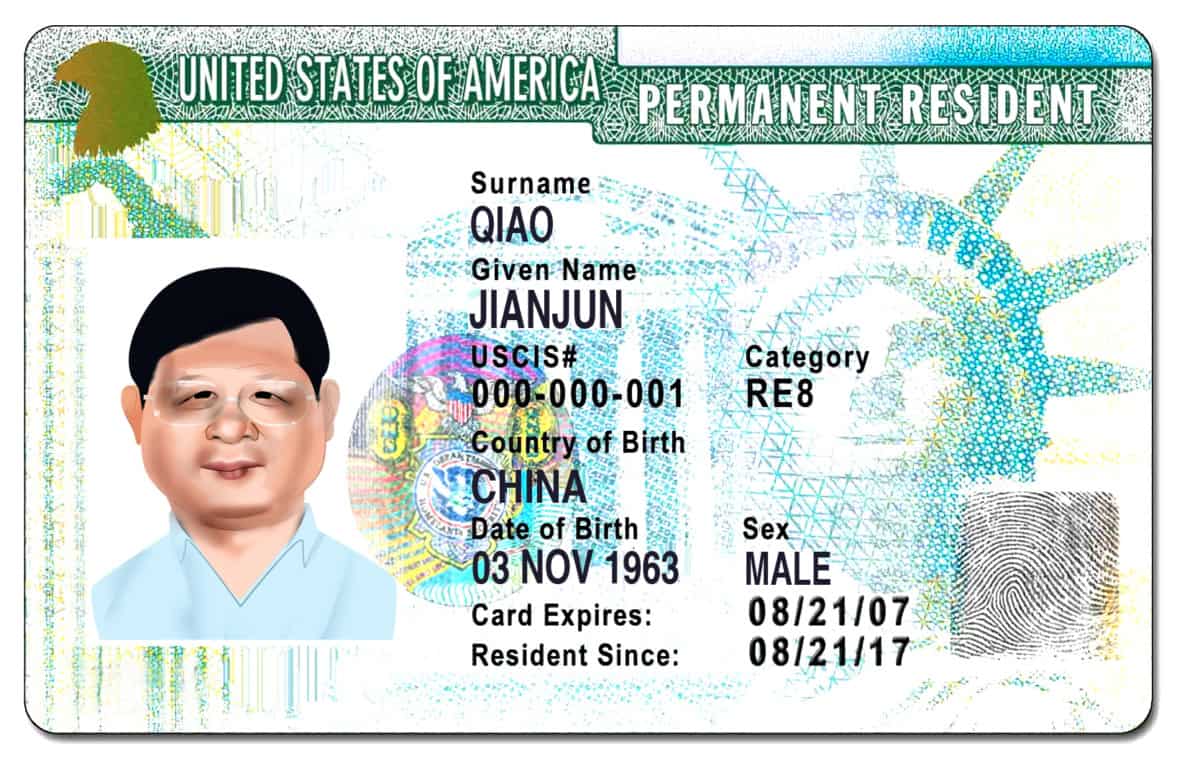
The Price of Admission
What happens when Chinese money and American greed get mixed together in a “golden visa” program? A cesspool of illegality. As Brent Crane shows in this week’s cover story, the EB-5 visa program is under fire from all sides. The idealistic program allows foreigners to invest in enterprises in the U.S. that will help create American jobs in exchange for a green card. But with an influx of Chinese applicants over the past ten years — including one of the most wanted men in China — the once obscure program has turned into a rare source of bipartisan agreement: it is far too rotten.
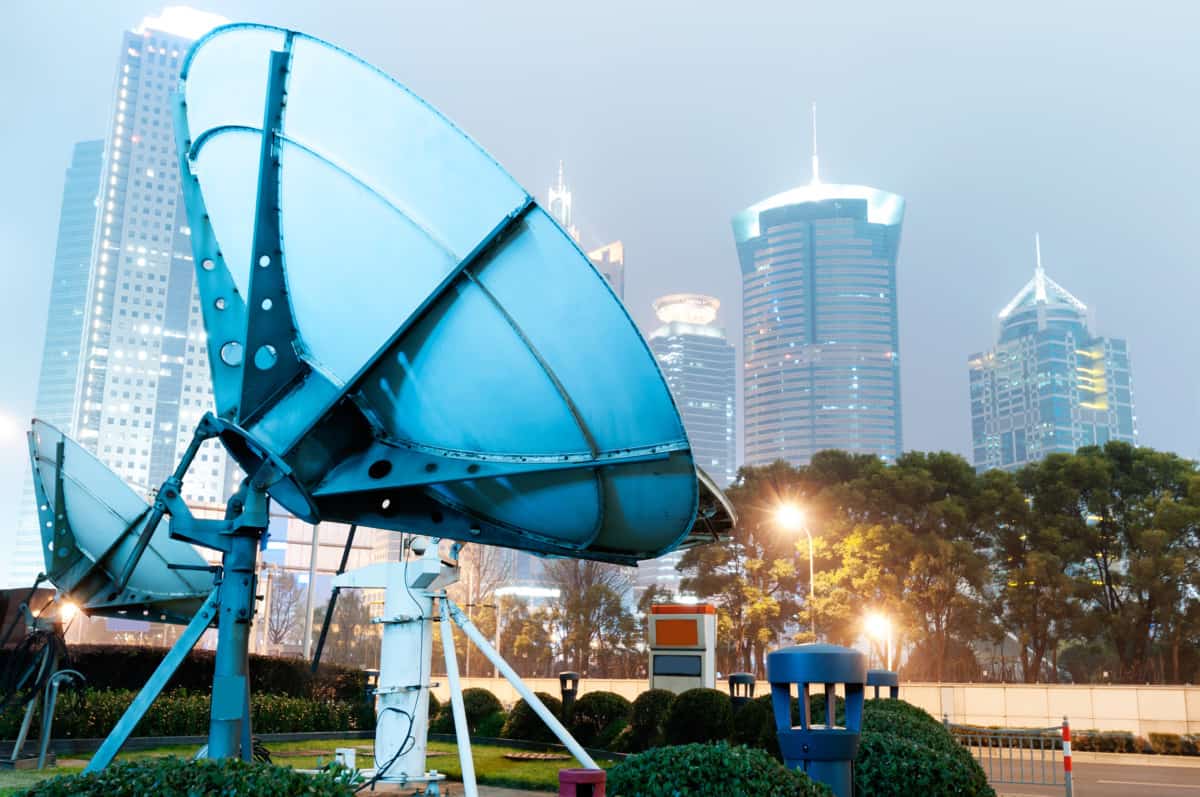
Credit: gui jun peng, Shutterstock
The Big Picture: In China’s Orbit
Space is getting crowded. While the U.S. still owns and operates the vast majority of satellites in space, China is the world’s second-largest operator of satellites, with most owned by the government and People’s Liberation Army. China’s fleet of privately-owned satellites is also increasing as more commercial satellite companies enter the market and expand — a trend that suits China’s military-civil fusion policy. This week, we take a closer look at China’s growing number of satellites and their operators.
A Q&A With Jiayang Fan

Jiayang Fan is a staff writer at The New Yorker, where she melds political, cultural, and personal perspectives to cover China and U.S.-China relations with empathy and unique insight. In this week’s interview with The Wire’s Katrina Northrop, she discusses the CCP’s internal logic, the psyche of Chinese nationalism, and the symbol of Hong Kong.
Jiayang Fan
Illustration by Kate Copeland
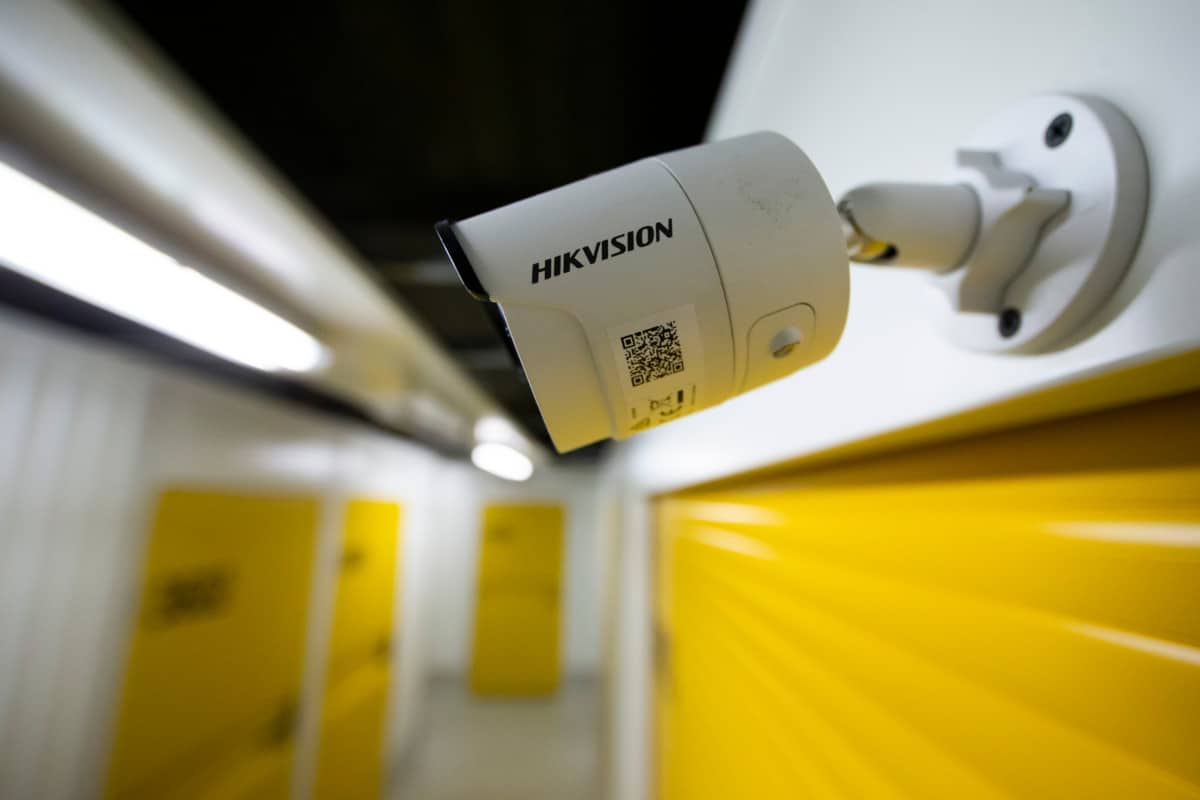
Credit: Karolis Kavolelis, Shutterstock
Keeping Close Watch
This month, the U.S. government said that all government contractors have to rid their premises of equipment made by five Chinese firms: Huawei, ZTE, Dahua, Hytera and Hikvision, the world’s biggest maker of security and video surveillance cameras. The Wire’s Hannah Reale looked more closely at Hikvision’s business to understand just how Herculean a task this will be. “If you think about it, everyone does business with the U.S. government… whether it’s a catering company or Office Depot, selling paper,” said Nate Pollack, a spokesperson for Forescout, a firm that builds security platforms.
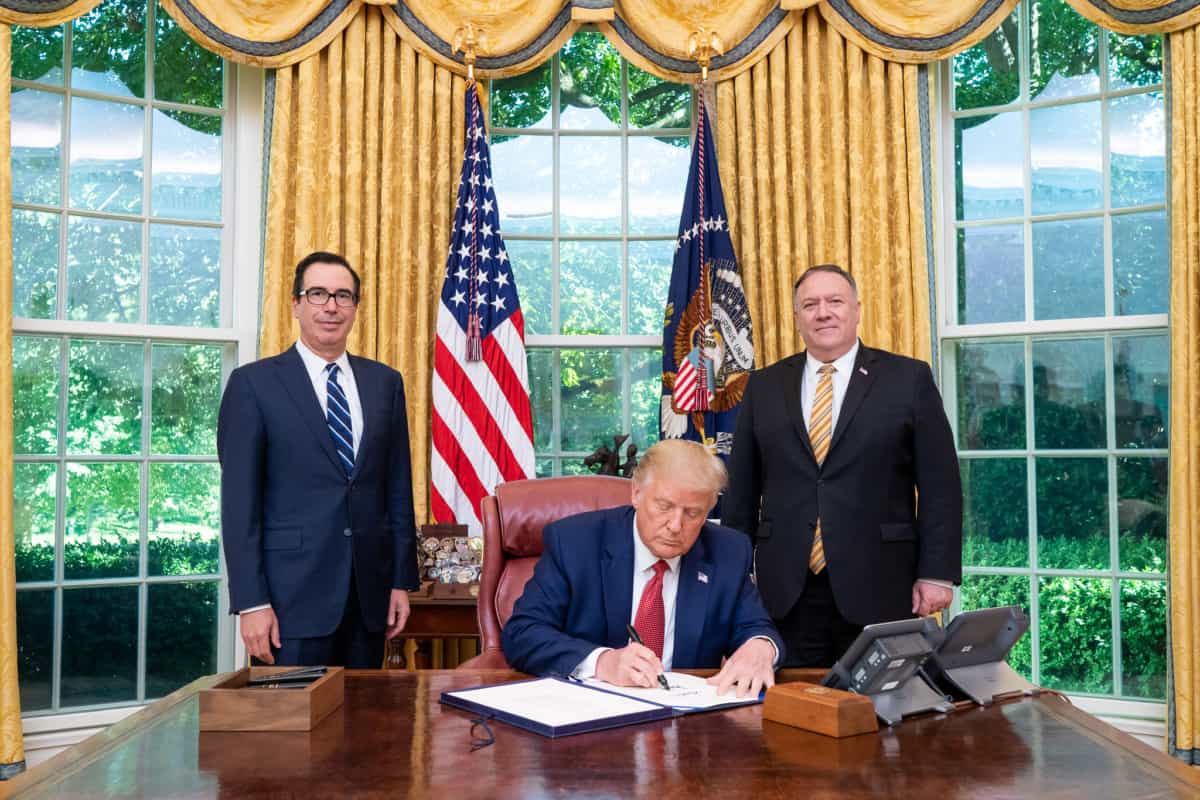
Official White House Photo by Tia Dufour
Cultural Decoupling from China Will Hurt the U.S.
America’s first act of “decoupling” from China began with the Sino-American trade war in 2018. While it remains to be seen if this economic decoupling will succeed in containing China, Minxin Pei argues that at least the strategic logic sounds compelling: Because China benefits from its economic ties with the U.S., severing them will inevitably weaken Chinese growth. But now, he writes, China hawks have moved onto act two: cultural and educational decoupling — and this, he argues, is not only counterproductive, it plays into the hands of the Chinese government.
Subscribe today for unlimited access, starting at only $19 a month.

